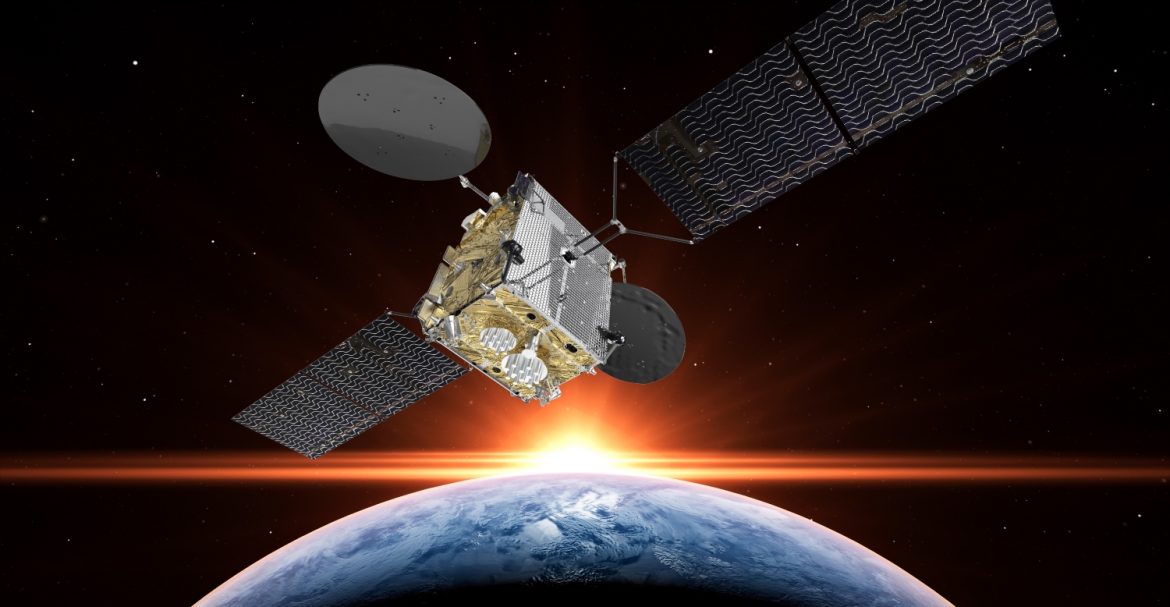Following the communications satellite contract signed in September 2022, KT SAT Corporation Ltd. (KT SAT), the leading satellite service provider in South Korea, and Thales Alenia Space, the joint company between Thales (67%) and Leonardo (33%), are announcing today that KOREASAT 6A will also embark a satellite-based augmentation system (SBAS) payload to improve the continuity and availability of the Korea Augmentation Satellite System (KASS).
Developed since 2016 by Thales Alenia Space jointly with the Aerospace Research Institute (KARI), KASS is similar to the European Geostationary Navigation Overlay Service (EGNOS). It improves the positioning and navigation performance provided by global navigation satellite systems (GNSS) for a number of different sectors, especially aviation. It has been developed to meet international standards by International Civil Aviation Organization (ICAO), improving the accuracy and reliability of global positioning system (GPS) signals and better ensure flight safety and efficiency, while also reducing the environmental impact of air travel.
KASS is expected to improve the GPS position error to 1.0-1.6 meter from the current 15-33 meter level in real time to ensure positioning reliability throughout the country. Also KASS has been considered as a future technology as it could be applied to various fields, mainly public safety, transportation, defense and science.
As program prime contractor, Thales Alenia Space is responsible for the design, construction, testing and ground delivery of the satellite, followed by orbital positioning and in-orbit testing services. In addition, Thales Alenia Space will train and support the customer’s on-site engineering team and will provide operational assistance throughout the satellite’s lifetime.
KOREASAT 6A will replace the current KORESAT 6 satellite and will deliver both fixed satellite service (FSS) and broadcasting satellite service (BSS) to South Korea. It will be positioned in geostationary orbit at 116° East. Built on Thales Alenia Space’s proven Spacebus 4000B2 platform, KOREASAT 6A will be fitted with six BSS transponders and twenty FSS transponders to cover all of South Korea. Slated for delivery in the fourth quarter of 2024, KOREASAT 6A will weigh about 3.5 metric tons at launch and offers a design life of 15 years.
Follow us on our Telegram channel

